Mangaka: Mika Yamamori
Publisher: Yen Press
Genres: Shoujo, Slice-of-life, Romance
Tropes/Tags: School life, age gap, forced proximity, grumpy-sunshine
Tsubaki-Chou Lonely Planet is a fairly old series that I reviewed back in 2016 when the only way you could read it was with fan translations. It was publishing in Japanese in early 2015, but only recently got picked up by Yen Press late last year for an English translation. I remember loving this series when I could find the translations to read, so I am super excited that it’s finally getting an official English translation.
I wanted to quickly take another look at the series and reintroduce people to this manga who may not have heard of it. Below is my review from 2016 on the series, and while most of my opinions below still stand, I wanted to read back over and see if anything significant has changed since I last read and wrote about this series. I have to say, I did drop off reading this after a while, mostly because it was becoming increasingly hard to find good scanlations, and my opinion on reading scans was starting to change the more I studied and worked at my degree in Publishing.
There’s about four volumes out now, with more in the works, but even after reading through two, I don’t think my opinion has changed much from what I have written below. The largest issue for me now seems to be whether or not I mind the age gap part of the story. She’s a 16-year-old high school student and he’s a mid-to-late twenties author that is also her boss and landlord. Not to mention she is in a precarious position with her father family in debt, her father out-to-sea working, and having to rely on him for the roof over her head. It makes for a questionable romance to say the least. It’s nowhere near a grooming scenario, but her emotional and mental state combined with the age difference can put some off to approving of their relationship.
I think if we treat this as purely fiction, we can move past this aspect of the story, and look towards the positive aspects of the series. Yamamori has an amazing art style and an ability to really tell meaningful stories. I love how the characters are depicted, and I love how the characters struggle to understand each other and their own emotions. The whole concept of both of them relying on one another brings out found-family vibes and that is one of my favorite story-elements.
I encourage you all to take another look at this series and let me know if your opinions have changed over time or if you still love it. New readers, I’d love to hear what you think as well!
2016 Review:
Fumi is a stubbornly optimistic girl who’s generally clueless about love. Akatsuki is a reclusive and grumpy historical fiction author who is terrible at reading situations. When Fumi’s father reveals that he wracked up a huge debt and must go off on a tuna boat to pay it off, Fumi now needs both a job and a new place to live. Luckily for her, Akatsuki needs someone to make sure he eats and doesn’t collapse on his own floor from overwork, and she winds up becoming his live-in housekeeper. But as they start to share more than just their space, new feelings are ignited that neither of them really understand.
Tsubaki-Chou is still ongoing with 19 chapters that I could find up to this point, but I still think it’s worth the wait for the next chapters to come out. The character design is pretty stunning with typical shoujo effects put in that really highlight key scenes. The characters are all pretty likable, with most of the story so far focusing just on Fumi and Akatsuki, and while there is about a ten year age difference between them, I don’t think their romance feels unnatural in any way. Much like a similar manga, Love So Life, Fumi has her moments of vulnerability and naivete but her overall mental age seems pretty mature. But one of the main draws of this manga, at least to me, is the character of Akatsuki who is both the moody author type and the awkward, inexperienced love interest, which makes for a cute combination at times.
If you fancy yourself a lover of the shoujo manga art style, complete with characters who seem to fade out into the backgrounds and moments where the shading is washed out to create a softer and gentler tone, then you will probably love this manga if only for the art. I love what Yamamori Mika does with her style especially when it comes to the shading and the detail she puts into her eyes. The shading she uses, especially for each character’s hair, is heavy in contrast, making them pop against the backgrounds. This level of contrast goes well with the amount of detail and attention she pays to Fumi’s eyes. Honestly, it almost seems like she has an eye fixation the amount of panels there are in which only her eyes are shown or where they’re the central focus. Not that I’m complaining. I think these panels add a good deal of emotion to the scenes without relying too much on dialogue. The panels themselves are also laid out in non-traditional ways, sometimes breaking them into triangular shapes, while keeping the pacing quick without making the pages over-crowded. My one complaint, however, would have to be about the backgrounds. I honestly wish they were a little more detailed given the attention to shading paid to the characters. They felt a little too washed out and simplified at times and just generally left me wishing for more.
Tsubaki-chou Lonely Planet is a fitting name for this manga, as the story focuses on two lonely people who come together to both create a sense of family where one was lacking and generally comfort each other through their own loneliness. Both Fumi and Akatsuki have a gap in their family life due in large part to the absence of their mothers. His family situation as of chapter 19 is still a mystery, but it is pretty much implied that he still longs for the experience of having a mother around. For Fumi, she lost her mother to breast cancer when she was a child and has had to live alone with her father the rest of her life. While working to support them and dealing with his own feelings of loss, she learned to push her feelings to the side in order to take care of him, but as much as she denies it, loss is still a very real part of her life. Now, with her father gone off on his tuna boat, she is left alone again in her own “planet of loneliness” that is her new home Tsubaki-chou. I think this is how their romance really starts: from a place of mutual comfort and companionship.
Overall the concept behind the story is pretty standard. Fumi is a girl who is mature for her age, able to take care of herself and others, and is more interested in the next super market sale than she is in love. Akatsuki is the reclusive author who has trouble reading situations and expressing himself, but is generally very straight-forward in his opinions. It then becomes Fumi’s responsibility to care for him since he has trouble caring for himself. This kind of plot line can be found across a lot of different romances from shows like Junjou Romantica to the manga I mentioned before, Love So Life. This particular manga seems to take that story and simplify it to it’s most basic. There are instances of jealousy and potential love triangles, but they’re solved quickly and seem to only be used as a way to create a comparison moment for the characters or a way for them to give thought to how their feelings and relationship to one another is different from this other person. From what I’ve seen so far, the biggest conflict has been their own intimate struggles with their emotions. For Fumi, she must decide if she should stay true to her feelings even when she knows that he probably only sees her as family or give up and try to move past them. Akatsuki, it seems, begins to struggle with the fact that this may be the first time he has ever loved someone and has no idea how to interpret his new feelings. In this way, all of the conflict seems to be pretty internal, focusing less on creating outside conflict to force them together and more on their own realization of their feelings.
The growth that we are beginning to see for both characters, but maybe more for Fumi in general, is pointing in the direction of them learning to rely on each other. Fumi is stubbornly optimistic and has spent most of her life taking care of her father, so she perhaps doesn’t really know how to rely on someone for both emotional and financial support. To Akatsuki, giving her money to help repay her debts or giving her a place to stay doesn’t really factor in his brain as a big thing to do. It just comes naturally. The series is still ongoing, so I’m predicting we get to see more growth in Akatsuki in the future chapters as he comes to accept his feelings and reveals more of his past and his own loneliness. Other than that, I hope we get to see more from some of the side characters in the series as well. They are generally interesting – each having their own experience with loneliness – but I felt like they were lacking in enough characterization to make them interesting in their own right and not just supports for the main cast.
If you’re looking for a traditional but still interesting shoujo manga to read that will keep you busy for awhile, I would definitely recommend taking a look at Tsubaki-chou Lonely Planet. Chapter 20 should be coming out pretty soon and the manga is selling well in Japan right now. It would be interesting if this got picked up for an anime adaptation at some point, but they’re going to need a lot more content before that will be a viable option.
~~Thanks for Reading!~~
Follow me on Facebook, Twitter, and WordPress for all Bloom Reviews content updates and news!
If you like what I do, consider supporting me on Ko-fi.

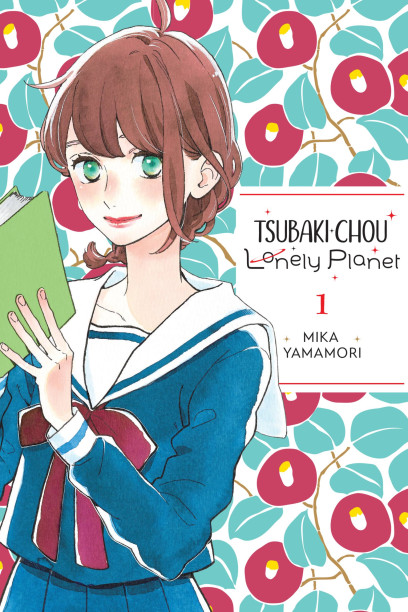
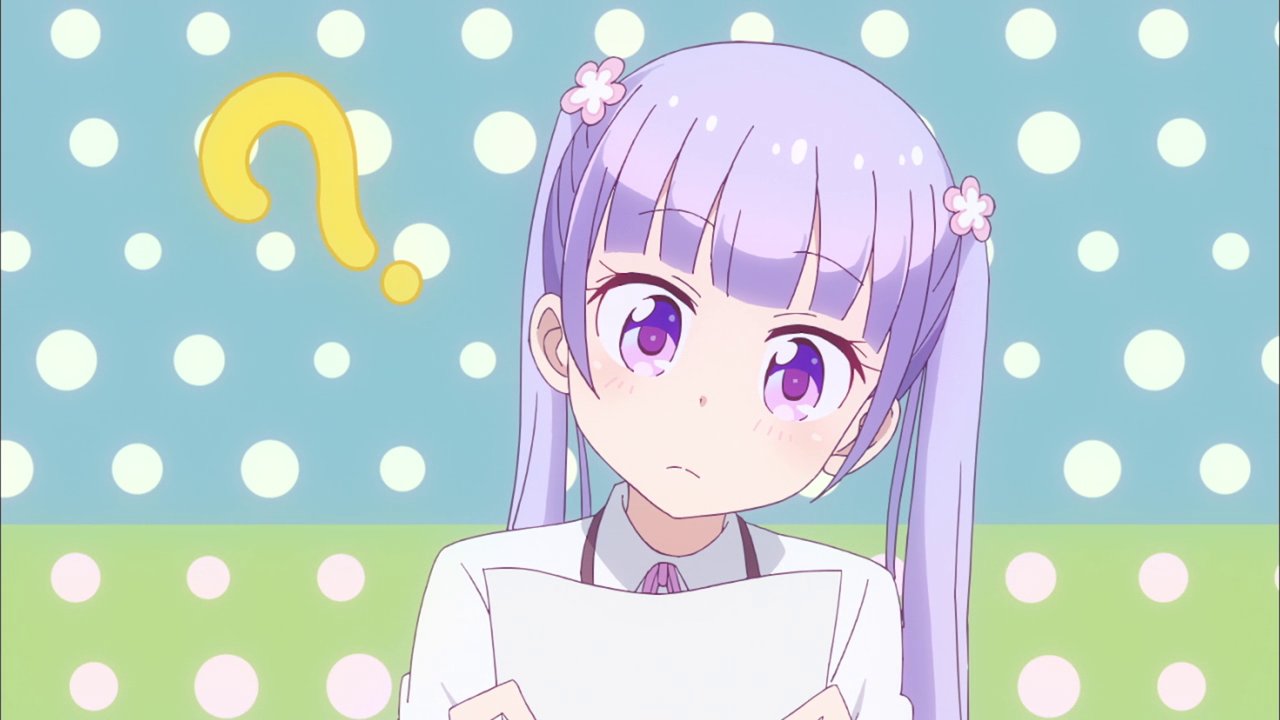


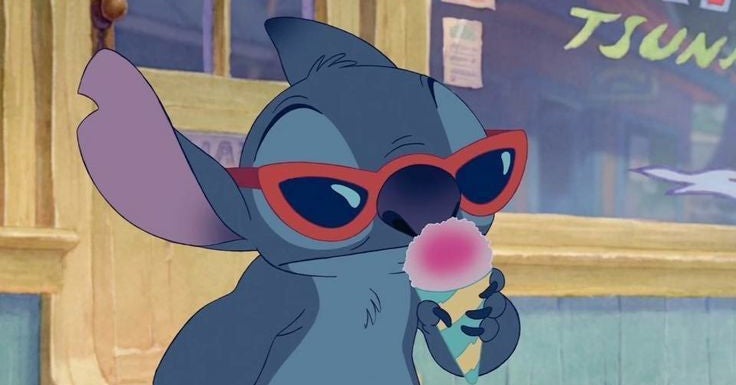
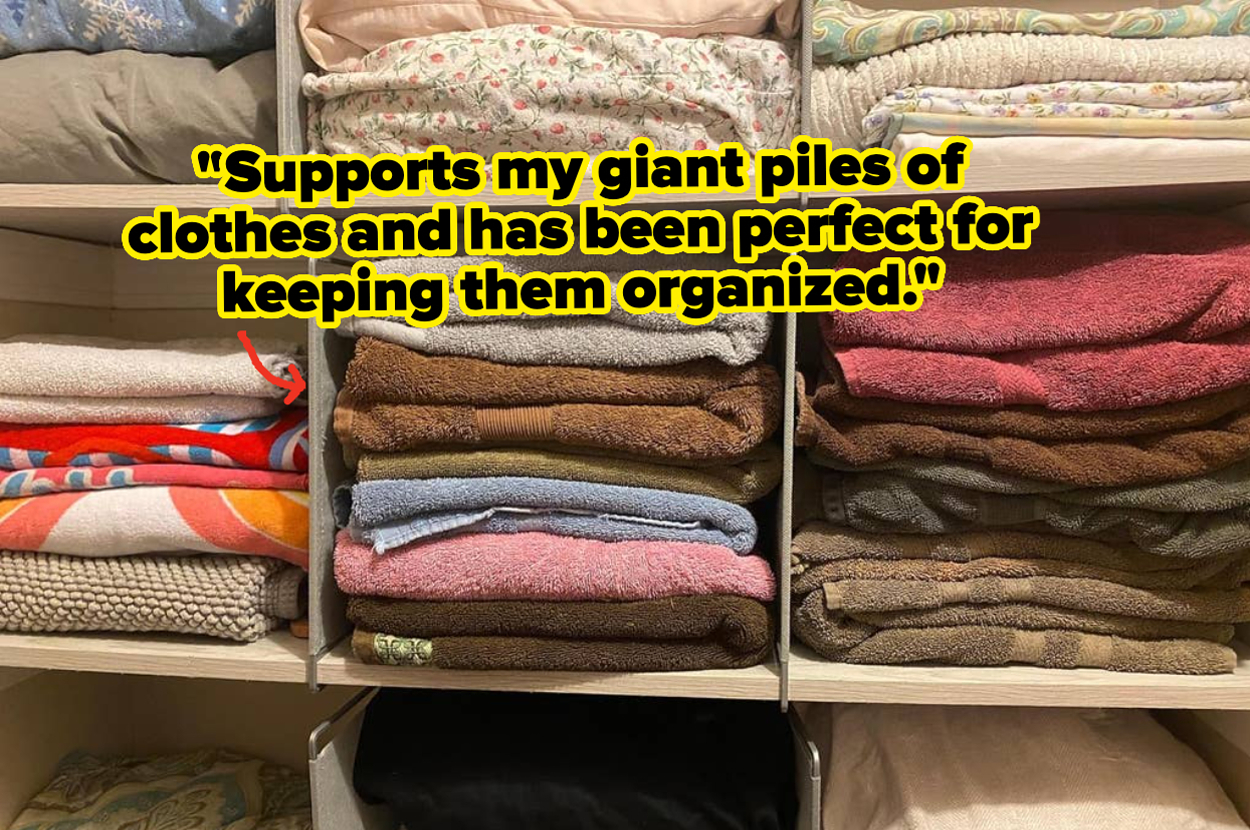
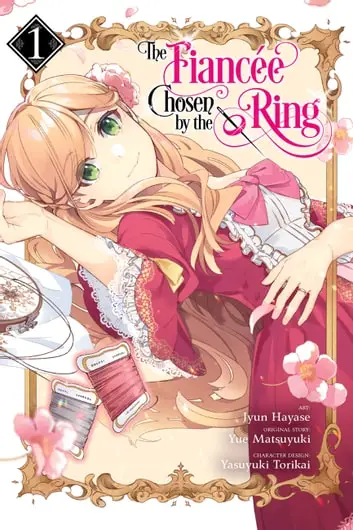
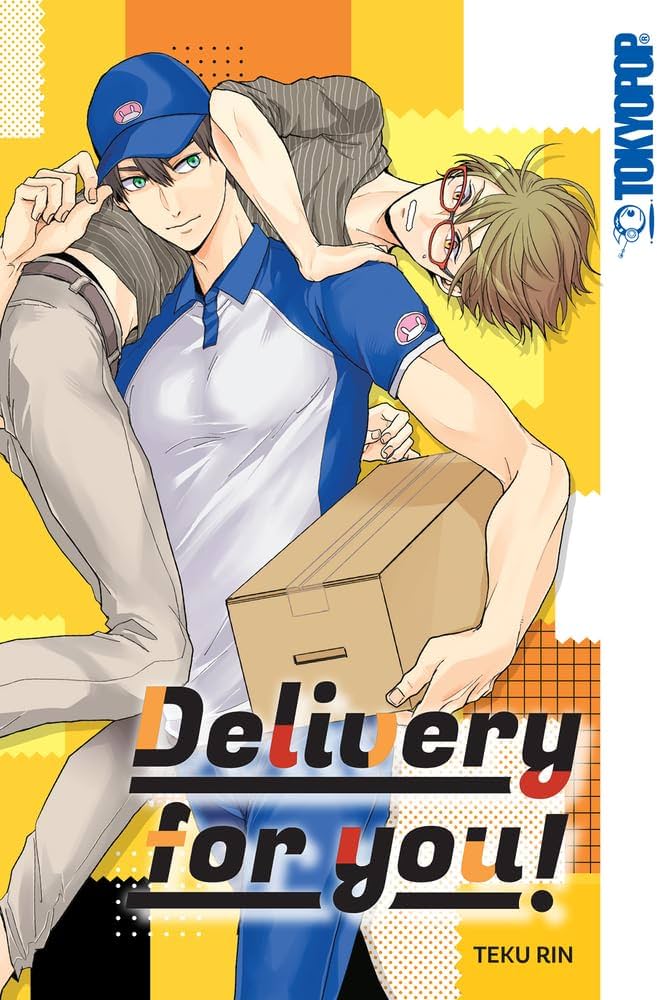
Leave a Reply